After going through a divorce, friendships and support play a crucial role in helping individuals cope with the emotional, psychological, and practical challenges that arise during this difficult time.
Here are some key aspects of friendships and support after divorce:
- Emotional support: Divorce can be emotionally overwhelming, and having friends who are empathetic and understanding can make a significant difference. Friends can provide a safe space for you to express your feelings, offer a listening ear, and be a shoulder to lean on during moments of sadness, anger, or frustration.
- Non-judgmental environment: Friends who refrain from passing judgment and remain neutral about the divorce can create a comfortable atmosphere where you feel accepted and supported, regardless of the circumstances surrounding the separation.
- Practical assistance: Friends can offer practical help with various tasks such as moving, childcare, running errands, or even just being there to assist with daily responsibilities when you need some time to yourself.
- Social interaction: After a divorce, you might find yourself adjusting to a different social life. Supportive friends can help you get back into social activities and maintain a healthy social life, preventing feelings of isolation and loneliness.
- Positive distractions: Engaging in enjoyable activities with friends can be a great way to distract yourself from the stresses of divorce and rediscover happiness.
- Group support: Some individuals find comfort in joining divorce support groups, where they can connect with others who have experienced similar challenges. These groups can provide a sense of belonging and help you realize you’re not alone in your journey.
- Avoiding negativity: While support is essential, it’s crucial to surround yourself with friends who are positive and uplifting, as constant negativity can hinder the healing process.
- Encouragement and motivation: Supportive friends can encourage you to focus on personal growth and self-improvement, setting new goals and looking forward to the future.
- Setting boundaries: Friends who respect your boundaries and offer support without being intrusive or pushy can be invaluable during this sensitive time.
- Professional support: In some cases, the emotional toll of divorce might require professional help. Good friends will encourage seeking therapy or counseling if needed, emphasizing the importance of mental and emotional well-being.
Remember, friendships and support systems are essential, but they can’t replace professional help if you find yourself struggling to cope with the aftermath of divorce. Don’t hesitate to reach out to a therapist or counselor who specializes in divorce and can provide personalized guidance for your specific situation.






